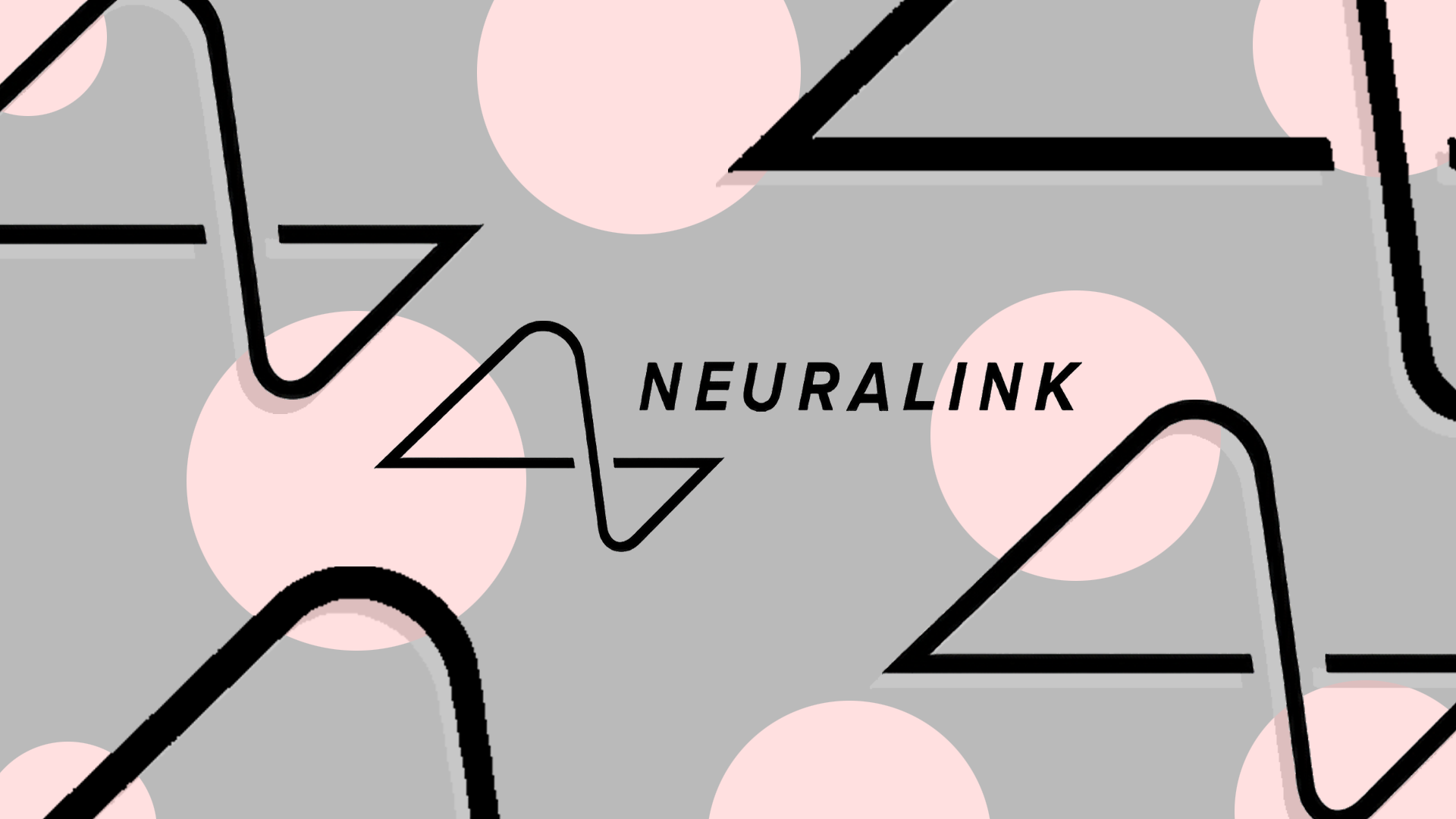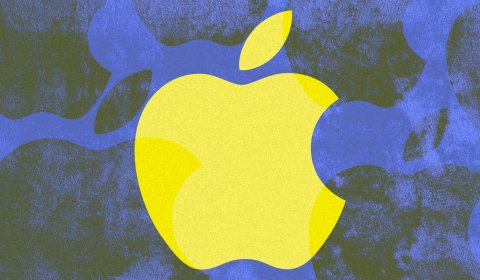The entrepreneur Elon Musk’s latest venture Neuralink is raising ethical and moral concerns.
Elon Musk may be one of the world’s richest people, proud front-man of some of the biggest brands on the planet. But he’s most recently made a name for himself as a brazen risk-taker – for better or worse.
After taking over Twitter in late 2022, Musk has rebranded the platform ‘X’, overhauled its staff, and launched numerous platform updates with mixed success. Since then, the social media site has seen a drop in users and a dip in value – but Musk soldiers on.
The entrepreneur’s latest venture is even more wacky than a self-destructive neo-twitter; Neuralink is a microchip company aimed at turning brain signals into computer instructions, and despite making headlines only recently, it’s been in the works for over six years.
That’s right, Elon Musk is making a microchip he plans to put inside your brain. Well, pretty much.
The N1 implant is Neuralink’s first device, targeted at disabled individuals with the hopes of transforming their brain waves into technological function, therefore allowing patients to control their computers using only their mind.
So why is such a mind-bending product only making headlines now, years after its initial ideation?
Well, Neuralink is officially looking for human volunteers to take part in clinical trials.
According to a statement by the company, participants will be tracked over an 18-month period following surgery, where they will go through a combination of ‘nine at-home and in-person clinic visits’ committing at least two hours a week to these sessions.
The Verge has pointed out that this ‘isn’t exactly the cutting-edge of science.’ There have been plenty of previous trials by other companies attempting to help people with paralysis control computer devices. However, what sets Neuralink apart is their intention to robotically implant the microchips – using a robot called R1 (yes, you read that correctly).
Besides the general concern surrounding a robotically impacted brain microchip, major ethical questions have started popping up around Neuralink’s announcement, given a dubious earlier trial on monkeys in 2019.
According to the California National Primate Research Center (CNPRC), up to a dozen monkeys suffered gruesome fates after receiving the N1 implant, including brain swelling and partial paralysis.
Last week, Musk and Neuralink responded to the reports and argued that any monkeys tested on had already been ‘terminal’ and near the end of life. But more news has been coming to light that contests these claims.




















